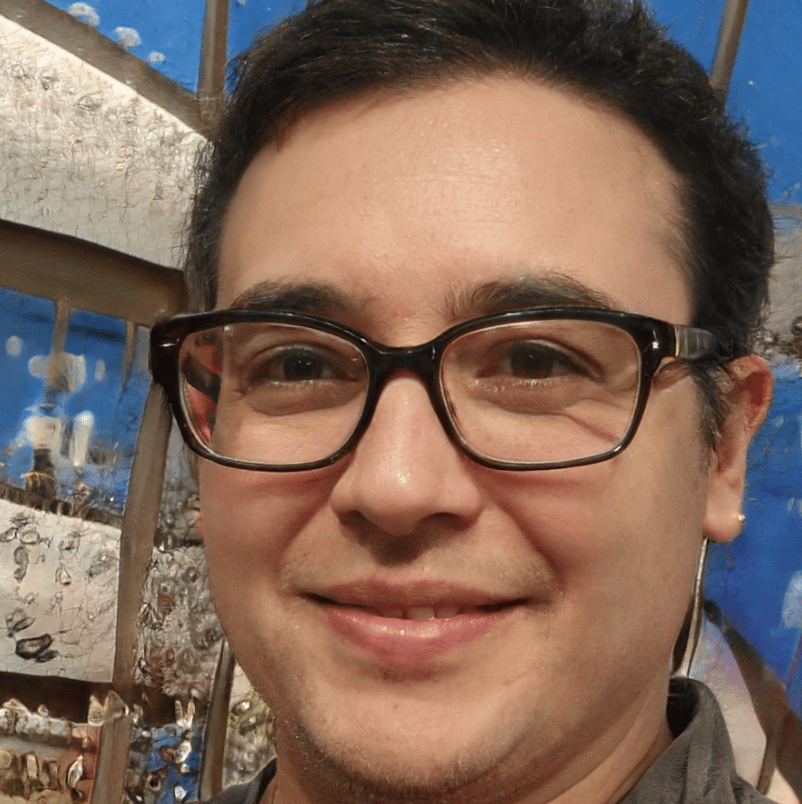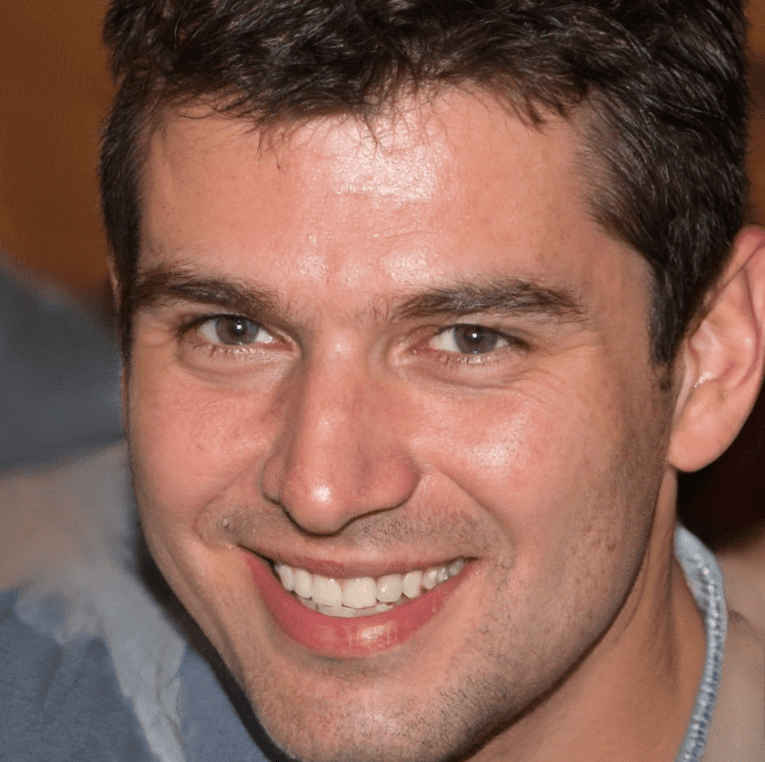By bragging, we signal to others that we feel deficient and insecure. It does nothing to move us forward as we’re cloaking the underlying issues rather than addressing them. Even when it’s just part of our job (social influencers take note), it’s likely to negatively affect our mental health and can come at a significant human cost. Inevitably, there’s a price to pay for the brag.
Bragging is a business.
As a society, our acceptance of bragging seems to be growing. Self-promotion is pervasive and considered essential to achieving cultural relevance and social acceptance.
Bragging is often rewarded with attention and in many cases, the validation is enough for the proud bragger. But it can also provide heaps of cash and power too. Social influence is now a legitimate career and has launched a new and lucrative media concept that has reshaped the viewing habits (and self-esteem) of billions of people. It’s estimated that most brands currently spend around 25% on influencer marketing alone. Kim Kardashian has a net asset value of $1.8 billion at the time of writing. Clearly, there is a huge economy underwriting the good old-fashioned brag.
What’s behind all the bragging?
Despite all this, at the individual level people in the ‘real’ world, people still hate bragging. No one wants to hear how smart your kids are, how much you earn, or how great you are in bed — regardless of how true it may be (spoiler: braggarts index above average when it comes to embellishment and lying).
Psychologically speaking, the consensus is that we brag to elevate ourselves over others. We do this because we feel inferior in some way. The brag is regarded as a compensatory tactic that is designed to fill a gap in our self-esteem (how we value ourselves) or self-identity (who we think we are).
“We must leave vanity to those who have nothing else to exhibit.”
— Honoré de Balzac
Something is missing.
Psychologist Jennifer Delgado writes that people assign themselves ‘identity symbols’ — such as intelligent, adventurer, or creative — to design how they want to be understood by others. She posits that people brag to compensate for lacking the qualities they need to actually deserve these symbols:
“In practice, people who brag a lot are not willing to tolerate inadequacies in the important parts of their self-definition. When they feel they have fallen short in one of the areas of their identity, instead of working to improve it, they simply resort to other identity symbols to cover the part that they lack or exaggerate their achievements and qualities to achieve the recognition they believe they deserve.”
Ironically, through bragging we reveal that we’re deficient, and not proficient…thus achieving the opposite of what we intended. Research shows that more competent people with lasting abilities tend to brag less than those with low competency. Perhaps this is similar in origin to the Kruger effect?
The cost of bragging.
Bragging can be lucrative if you’re an influencer, but it also comes at a very real human cost. Suicide is the second-leading cause of death in young people, and social media is very often cited as a casual or contributing link. And even influencers themselves sometimes face the reality behind their storytelling, often suffering from poor mental health.
And, in the analogue world, bragging is irritating and insincere as it’s designed to make someone feel bad about themselves. The recipient is pressured into being complicit in the bragger’s conceit — while implicitly knowing that it comes from a place of deficiency, not strength. Neither party leaves that dialogue feeling great.
Getting beyond the brag.
It’s important to keep in mind that bragging doesn’t make someone a bad person. They are indirectly communicating their own insecurities and perhaps see themselves as beneath you in status. If so, this puts you in a position to help them.
If you catch yourself bragging (here’s an amusing list of brag variations), ask yourself what insecurities may be driving it. Think about what you may be missing in your identity or self-esteem. And don’t be afraid to seek help from a professional.
Self-awareness is a key part of adulting.
Have you consciously and deliberately designed your identity, or taken a critical look at what your true strengths and weaknesses are?





